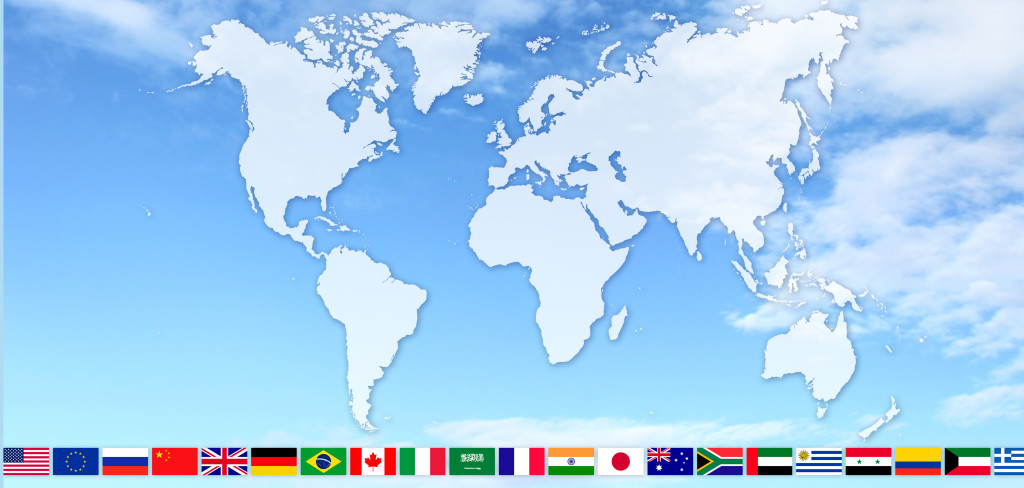
Many times, we are asked to serve an individual or company that is overseas. International process service is no easy task. Whether by third party subpoena or summons, effectuating service can be a daunting task. With the cost and time associated with international process service, you need to ensure you hire a process server that is familiar and experienced with the procedures so that your service is handled efficiently.
First, there is the initial inquiry to locate the individual, find where they are residing and if service is even possible. Sometimes, that can be done utilizing databases from our high-speed computers. Often, in foreign locals it may require actual boots on the ground. That may be done by utilizing out of country, local investigators. Confirming individuals in certain countries, particularly in a remote country where there is a lack of public records, almost always requires local help.
Second, effective service complies with the law. In the States, most personal service completed by a person without an interest in the litigation is effective. Furthermore, in most US locales, waiver, substitute, and domiciliary service rules are very similar and well established. However, when one crosses over international borders, service may depend on a number of other laws including The Hague Convention, the Inter-American Service Convention (“IASC”), Rule 4 of the Federal Rule of Civil Procedure, U.S. State service laws, and the Foreign Sovereign Immunities Act. In addition, local Country service rules and customs may trump these acts or be exempted from normal procedures.
These laws are a good place to begin research to determine what law and rules would apply. A common place to start is The Hague Convention. Ask yourself is this a criminal or civil matter? If criminal, The Hague likely won’t apply. Is the country where service is to be made a signatory? If so, are there limitations by the signatory country in the treaty? Are there other methods which allow for effective service? Is the defendant’s address known? If not, the treaty may not even apply. Given the overly complex rules, every situation must be researched anew.
Third, effectuate service while trying to secure compliance. Always follow service rules. Realize that explaining response dates, accommodations, and procedures can be critical when dealing with persons of different cultures, languages, and customs. Also consider what enforcement mechanisms are available to you if the defendant or witness doesn’t comply. Finally, be friendly. It is easier to attract bees with honey than water. See if compliance can be done willingly.
At Bearden Investigative Agency we can assist in these international matters and have done so for 45 years. We have conducted investigations in dozens of foreign countries and have contacts worldwide. We maintain membership in several international associations and actively recruit the best contacts to work our cases. International process service matters are very fact specific and finding the right solution requires the use of an experienced state side investigator combined with good on the ground local contacts. Know the law. Make sure that you can get enforcement or at least get willing compliance. If you follow these steps, you are likely to have success.
Bearden Files, July 2017